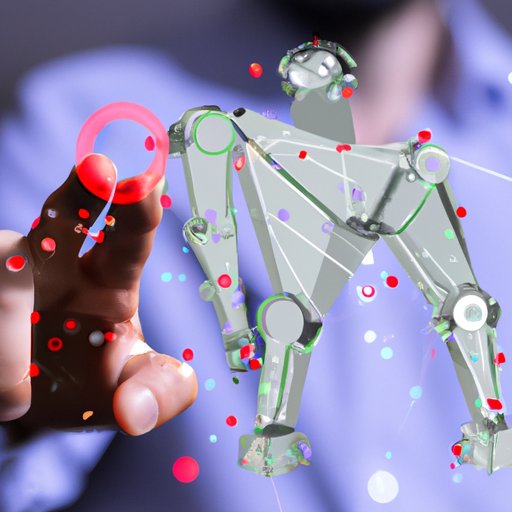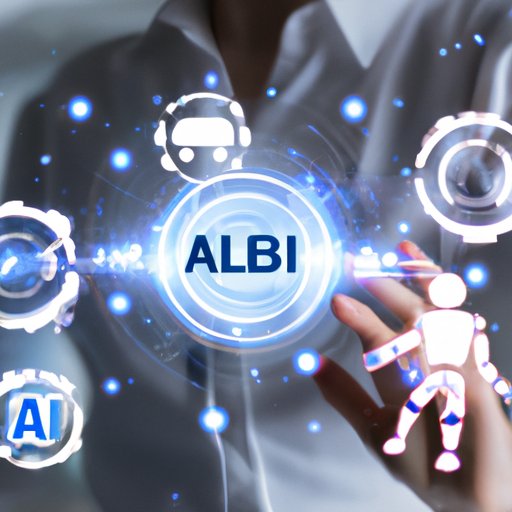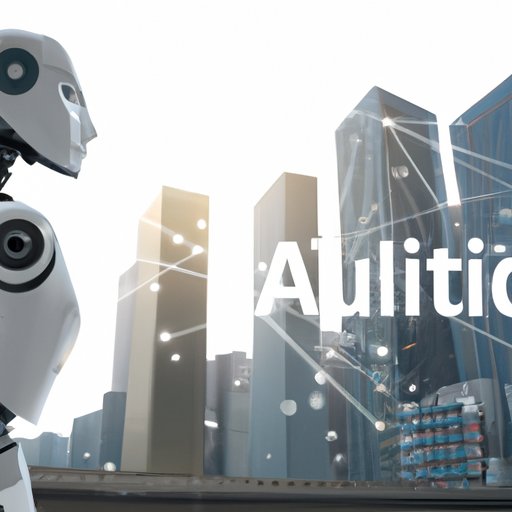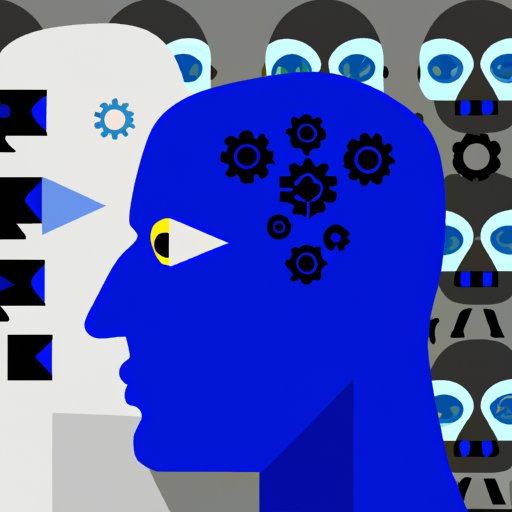Introduction
Automation and Artificial Intelligence (AI) are two rapidly advancing technologies that are reshaping the way we work, live, and interact with each other. Automation is the use of machines or technology to complete tasks that were previously done by humans, while AI refers to the use of computer algorithms to simulate human cognition and decision-making. Both technologies have the potential to revolutionize many aspects of our lives, from the workplace to our homes and beyond. In this article, we will explore the impact of automation and AI on the workforce, business processes, and society, as well as the ethical implications of these technologies.

How Automation and AI are Changing the Workforce
The use of automation and AI is transforming the way work is done and creating both opportunities and challenges for workers. On the one hand, automation and AI can increase efficiency and accuracy in the workplace, allowing companies to do more with less. This can result in cost savings and improved customer service, as well as a reduction in human error. On the other hand, automation and AI also have the potential to cause job losses, as machines replace human labor. This could have serious implications for the labor market, particularly for low-skilled workers who may be unable to find new employment or retrain for higher-skilled jobs.
At the same time, automation and AI can also create new job opportunities. For example, new roles such as data scientists and AI engineers are emerging as companies look to capitalize on the opportunities presented by these technologies. Additionally, the introduction of automation and AI can free up workers from mundane tasks, allowing them to focus on more meaningful and creative work.

The Role of Automation and AI in Business Processes
Automation and AI are having a profound impact on business processes. Automation can be used to automate manual tasks such as data entry and customer service, reducing the need for human labor while increasing accuracy and efficiency. AI, meanwhile, can be used to enhance decision-making, as machine learning algorithms can analyze large amounts of data to identify patterns and insights that may not be obvious to humans. AI can also be used to streamline business operations, such as automating marketing campaigns or optimizing supply chains.

Analyzing the Impact of Automation and AI on Society
The impact of automation and AI on society is far-reaching and complex. On the one hand, there are numerous benefits to automation and AI, such as increased efficiency, reduced costs, and improved customer service. However, there are also challenges to consider, such as job losses and the potential for bias and discrimination. Additionally, there are implications for privacy and security, as automated systems and AI algorithms collect and process vast amounts of data.
Examining the Ethical Implications of Automation and AI
The ethical implications of automation and AI are becoming increasingly important. As these technologies become more pervasive, it is essential to consider issues such as autonomy, responsibility and accountability. There is also the potential for bias and discrimination, as AI algorithms can be trained on biased datasets or programmed with prejudicial assumptions. Finally, there is a need for government oversight to ensure that these technologies are used ethically and responsibly.
Conclusion
In conclusion, automation and AI are having a profound impact on the workforce, business processes, and society. While these technologies offer numerous benefits, such as increased efficiency and cost savings, they also present challenges such as job losses and the potential for bias and discrimination. Additionally, there are ethical implications to consider, including issues of autonomy, responsibility and accountability. Ultimately, it is essential to carefully consider the pros and cons of automation and AI to ensure that these technologies are used responsibly and ethically.
(Note: Is this article not meeting your expectations? Do you have knowledge or insights to share? Unlock new opportunities and expand your reach by joining our authors team. Click Registration to join us and share your expertise with our readers.)
